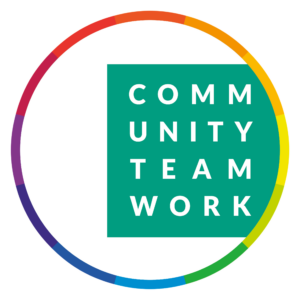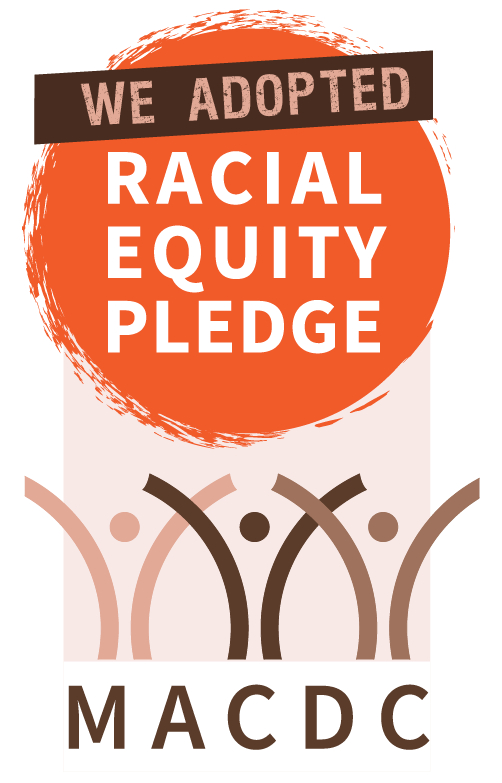Evictions happen when a housing provider wants to terminate a tenancy (end a rental agreement) and the tenant does not move out. The eviction process is the only way a housing provider can force a tenant to move out. Housing providers cannot force you to leave, remove your possessions, or change the locks without going to court. Only a court can order a tenant to leave.
Housing providers also must give notice before they start an eviction process. Unless there is an immediate safety emergency, written 14-day notice is required for non-payment of rent. For other reasons, the notice period should be in the lease. If the tenancy is not governed by a lease, 30-day notice is required. Tenants that receive a housing subsidy have additional protections for terminating a tenancy.
The eviction process is called summary process. After the time required in a notice to quit (telling the tenant the tenancy has been terminated and to move out) the housing provider can start the eviction process by filing a summons and complaint. The summons and complaint must say why the housing provider is terminating the tenancy. It should match the reason in the notice to quit.
There are legitimate, lawful reasons to terminate a tenancy, but there are also reasons that may violate fair housing rights or tenant rights. Discriminatory reasons may include retaliation for reporting harassment or failure to grant a reasonable accommodation. Evictions for reporting housing code violations or collecting illegal fees would violate tenant rights. A housing provider cannot evict a tenant for non-payment of rent if the provider is also refusing to participate in an assistance program like RAFT to help the tenant pay the late rent. A court will decide whether the housing provider or tenant is at fault.
It is important for tenants to respond to the summons and complaint; if they do not, they may lose their defenses. After a summons and complaint is filed, the tenant must complete two documents: an answer, and a discovery request. The answer is the first chance the tenant gets to tell their position and raise defenses (reasons the housing provider should lose). A discovery request is the tenant’s chance to ask for documents and answers to questions to help defend against the eviction. Both of these documents should be completed before the court meets with the housing provider and defendant in a status conference or prehearing conference. The status conference is the court’s first chance to review the case and plan for a trial. You can only be evicted after a trial.
There are many good resources for tenants facing eviction in Massachusetts. MassLegalHelp has an excellent booklet on evictions and other documents to help tenants prepare to defend against an eviction. There is also an online eviction tool that will help tenants prepare their answer and discovery request. It also helps tenants who wish to transfer their case to Housing Court. This tool was developed by Greater Boston Legal Services and is widely promoted by the Courts and legal service organizations. The State also maintains resources for tenants facing eviction. Tenants can visit the District Court or Housing Court web pages for court forms and other information. More information on courts can be found here. Tenants can learn about emergency housing payment assistance here.
Importantly, there are regional legal service organizations, often called legal aid, to help low income tenants fight against an eviction. See the Legal Services Organizations section in this resource guide to find the organization serving your location. If you are going to court by yourself, the Boston Bar has compiled a guide to self-representation in Housing Court. The full text of the state law on evictions can be found here.
Eviction hearings are held in person at a court or over Zoom. If the hearing is being held over Zoom, it is important to have a quality internet connection and a quiet location. The Community Teamwork Fair Housing Program has a quiet, private, and professional location with a computer and stable internet connection that tenants can use for eviction hearings. Tenants can also use this resource to complete the answer and discovery request. For more information on the eviction process or to use a CTI computer for your eviction, please contact the Fair Housing Program. Please note, while the Fair Housing Program has resources on the eviction process, it is not a law office and does not provide legal services or representation. The Fair Housing Program will NOT provide any assistance during any court proceeding. For legal assistance, please contact your regional legal services organization.












